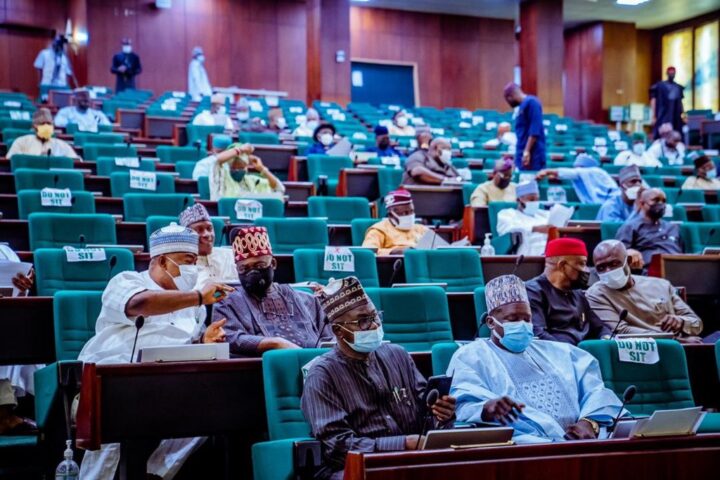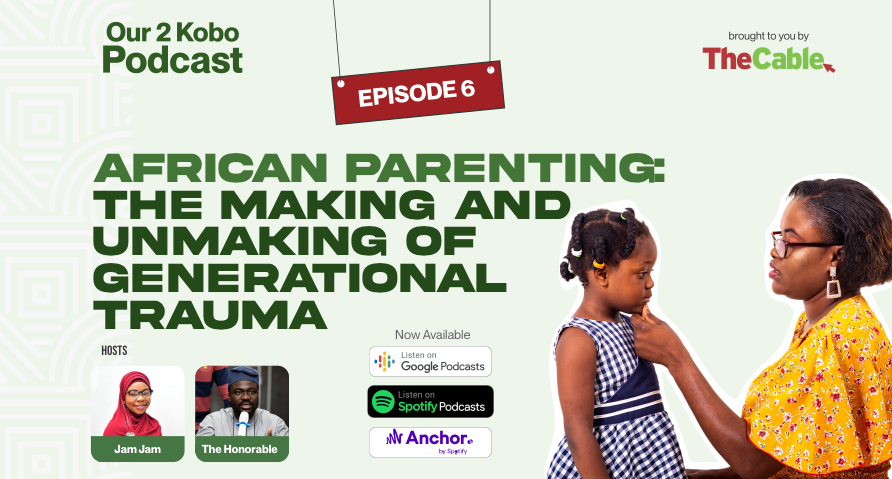The United Nations Children’s Fund (UNICEF) says about 1.7 million children under the age of five from north-east Nigeria, are at risk of acute malnutrition.
In a statement on Wednesday, Peter Hawkins, UNICEF representative in Nigeria, said the north-east part of the country is currently undergoing its highest rate of severe malnutrition cases since 2016.
According to Hawkins, the burden of acute malnutrition has surged in the north-east, with 34 percent increase in 2022.
He said armed conflict in the north-east has affected women and children, adding that it has made them vulnerable to disease outbreaks and avoidable deaths.
Advertisement
“North-east Nigeria is currently experiencing its highest burden of acute malnutrition since 2016, with 34 per cent projected increase in the burden of acute malnutrition in the lean season of 2022, compared to 2021,” the statement reads.
“Unless urgent actions are taken, at least 1.7 million under five children in north-east Nigeria will need acute malnutrition treatment in 2022.
“Malnutrition, the single most deadly threat to child survival and development is dealing children in north-east Nigeria a deadly hand.
Advertisement
“Insecurity, global hike in food prices and ongoing humanitarian interventions targeting early detection at the household level are resulting in a record number of under five children presenting symptoms of acute malnutrition and needing urgent life-saving services.
“Thirteen years of armed conflict in north-east Nigeria has left women and children in acute vulnerability. Congestion in camps and settlements, high rates of open defecation and poor sanitation practices have put conflict-affected families and children at the risk of disease outbreaks and preventable deaths. Insecurity, loss of livelihood opportunities, high food prices and COVID-19 combined have put 4.1 million people in need of food assistance, drastically impacting the food and nutrition quality available for children in the region.”
The country representative added that the agency has secured US$2.7 million new funding to promote access to safe water, sanitation systems, and hygiene for 86,000 women and children affected by conflict in north-east Nigeria.
Advertisement
Add a comment






